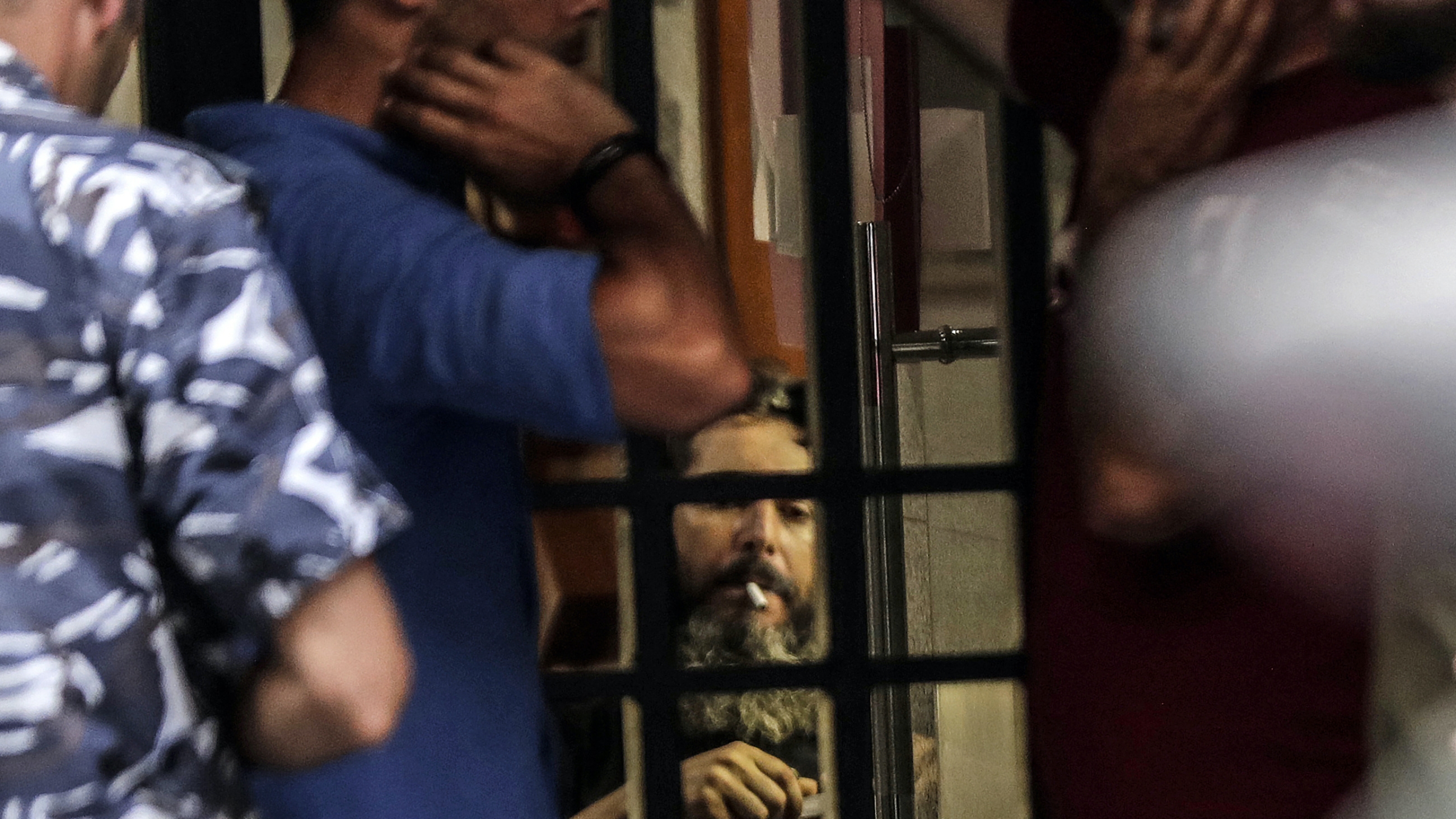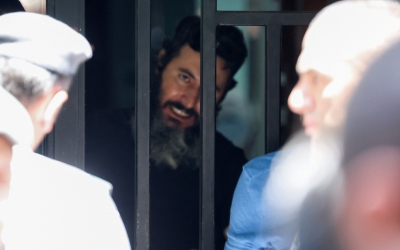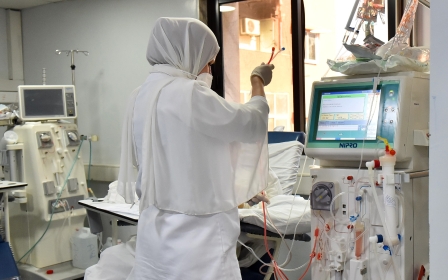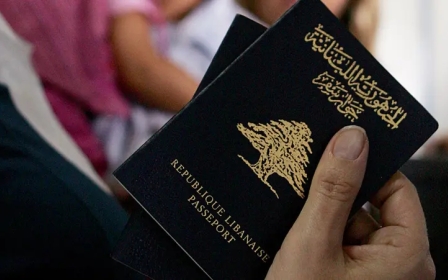Lebanon bank drops charges against hostage taker

Federal Bank Lebanon dropped its charges on Tuesday against Bassam al-Sheikh Hussein, who last week held employees and customers hostage in an attempt to force the bank to unfreeze his assets.
Public prosecutor Ghassan Oueidat announced Hussein’s release from prison without charges or future prosecution related to the case, according to Lebanese media.
Last week, an armed Hussein held up a branch of the Federal Bank Lebanon in Beirut, taking six people hostage, threatening to set the bank on fire if he was not given access to more than $200,000 stuck in his account. Hussein needed the money to pay his father's medical bills.
Lebanon is in the third year of a financial meltdown that has left eight in 10 people poor and which the World Bank has said is deliberate and may be one of the three worst economic crises in modern times.
Since the onset of the crisis in 2019, commercial banks have frozen depositors out of their savings and restricted their access to their accounts in informal capital controls.
New MEE newsletter: Jerusalem Dispatch
Sign up to get the latest insights and analysis on Israel-Palestine, alongside Turkey Unpacked and other MEE newsletters
As the drama unfolded last week, protesters gathered outside the bank in solidarity with Hussein, chanting "down with the rule of the banks".
After hours of a tense standoff, Hussein, 42, handed himself to Lebanese security forces after being promised $35,000 to pay for the medical treatment he says his father needs.
A friend of Hussein told MEE at the time that Hussein had decided to hold up the bank after all his attempts to retrieve his money were unsuccessful.
Earlier this month, the World Bank released a damning report on the Lebanese economic crisis, blaming the country's oligarchs and bankers for operating a Ponzi scheme that "caused unprecedented social and economic pain".
Since the onset of the crisis in 2019, the local currency has lost more than 90 percent of its value.
Lebanese politicians often say depositors' rights must be preserved in any plan to address losses of some $70bn in the financial system, even as their savings have lost around 80 percent of their value due to the collapse.
Hussein was not the first case of an angry depositor deciding to take matters into their own hands in order to access their money.
In January, Abdullah al-Saei raided a branch of BBAC bank in Joub Jannine in the Beqaa Valley, held the bank employees hostage and threatened to burn himself and the branch if employees did not hand him his cash.
He walked out with his $50,000 frozen assets after four hours of negotiations with security forces.
However, hours later, Lebanese authorities seized the money pending further criminal investigations.
Middle East Eye delivers independent and unrivalled coverage and analysis of the Middle East, North Africa and beyond. To learn more about republishing this content and the associated fees, please fill out this form. More about MEE can be found here.





